Categories
Archive
- February 2026
- January 2026
- December 2025
- November 2025
- October 2025
- September 2025
- August 2025
- July 2025
- June 2025
- May 2025
- April 2025
- March 2025
- February 2025
- January 2025
- November 2024
- October 2024
- September 2024
- August 2024
- June 2024
- May 2024
- April 2024
- March 2024
- February 2024
- January 2024
- December 2023
- November 2023
- October 2023
- September 2023
- August 2023
- June 2023
- April 2023
- March 2023
- February 2023
- January 2023
- December 2022
- November 2022
- October 2022
- August 2022
- July 2022
- May 2022
- March 2022
- February 2022
- November 2021
- October 2021
- September 2021
- August 2021
- July 2021
- June 2021
- May 2021
- April 2021
- March 2021
- January 2021
- December 2020
- November 2020
- October 2020
- September 2020
- August 2020
- June 2020
- May 2020
- April 2020
- March 2020
- February 2020
- January 2020
- December 2019
- November 2019
- October 2019
- September 2019
- July 2019
- June 2019
- May 2019
- April 2019
- March 2019
- February 2019
- January 2019
- December 2018
- November 2018
- October 2018
- September 2018
- August 2018
- June 2018
- May 2018
- April 2018
- March 2018
- February 2018
- January 2018
- December 2017
- November 2017
- August 2017
- July 2017
- June 2017
- May 2017
- April 2017
- March 2017
- February 2017
- January 2017
- November 2016
- October 2016
- September 2016
- August 2016
- July 2016
- June 2016
- May 2016
- April 2016
- March 2016
- January 2016
- December 2015
- November 2015
- October 2015
- September 2015
- July 2015
- June 2015
- May 2015
- April 2015
- October 2014
- August 2014
- January 2014
- December 2013
- November 2013
- October 2013
- July 2013
- June 2013
- May 2013
- April 2013
- March 2013
- January 2013
- December 2012
- November 2012
- September 2012
- May 2012
- January 2012
- November 2011
- October 2011
- September 2011
- August 2011
- July 2011
- June 2011
- May 2011
- April 2011
- March 2011
- October 2010
- September 2010
- May 2010
- April 2010
- March 2010
- January 2010
- October 2009
- September 2009
- August 2009
- June 2009
- April 2009
- March 2009
- February 2009
- January 2009
- December 2008
- November 2008
- September 2008
- August 2008
- July 2008
- June 2008
- April 2008
- March 2008
- January 2008
- December 2007
- November 2007
- October 2007
- July 2007
- April 2006
- August 212
-

Tikanga Māori considerations with digital apps
This analysis uses two apps offered by Te Wānanga o Aotearoa and looks at their tikanga and privacy issues. The purpose of the article is to raise awareness of traditional knowledge being used to create new ideas to attract youth Māori to new initiatives such as education and being proud to be Māori. Their third
-

UK Craft beer removes offensive to Māori material
A craft brewery in a small town in England, branded a small batch of their beer NZ Pale Ale with an image that is likely to be offensive to a large population of Māori. Within hours of raising the issue with the Managing Director, the company apologized and removed all of the material from their
-
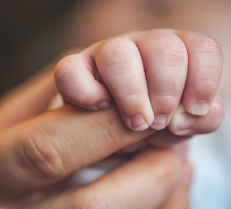
Taking on the international conglomerate and succeeding
After writing my story about Huggies New Zealand (owned by international company Kimberly-Clark Corporation) and their incorrect and offensive baby names advise on their web site, I contacted Radio Waatea who very professionally and neutrally interviewed me on the topic on March 08 . I too was cautious with my wording on this very serious matter.
-

Huggies New Zealand – culturally offensive with Māori baby names
HuggiesNZ a trusted brand for new parents is an example of a corporation discriminating against Māori with little or no disregard to the long term implications for individuals, cultures and laws. Their advice, if followed, could cause irreversible damage to children and parents. Huggies respond here. Prior to December 29 2008, or over 10 years prior to
-
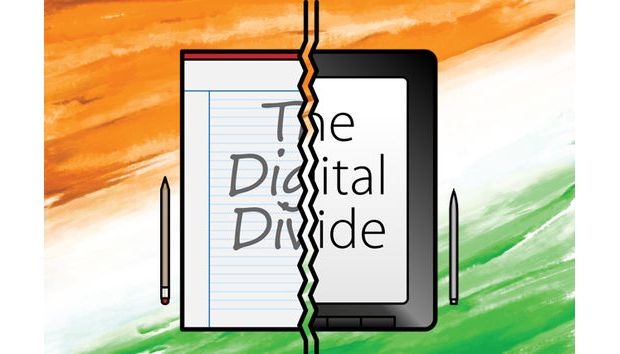
Indigenous Peoples access to the new digital Terra Nullius
This research shows that there is a lack of access to Internet and infrastructure by Indigenous Peoples of Alaska, New Mexico and Hawai’i and proves that the Internet is a digital Terra Nullius where colonizers have systemically obstructed access and denied equitable representation to Sovereign nations of: Alaska, New Mexico and the Indigenous Peoples of
-

Hijacked Māori domain name still held to ransom 12 years later
The early years of .nz Internet domain names saw Māori and Iwi marginalized and ignored, Māori domain names held to ransom and Iwi dictated to about their online representation. This is important to remember as a domain name is the digital equivalent of a pepeha, tā moko or whakapapa for online Māori. The consequence of
-

Prevalence and attitudes of Māori teenagers about sexting
In late 2017 NetSafe released a research report about New Zealand teenage sexting. NetSafe state that the report was the first time this type of research had been completed in New Zealand and that it is a snap shot that they hoped would be a springboard for more research. This report analyzes the NetSafe research
-
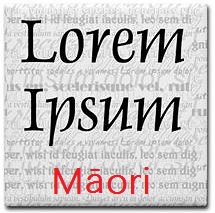
Te reo Māori alternative for Lorem Ipsum
Te Re Māori is an official language of New Zealand. It is the Indigenous language of New Zealand/Aotearoa. The use of Latin as a place holder, while an international practice, there is no reason why any Indigenous Peoples can not and should not promote their own identity with their own language. Use of te reo
-
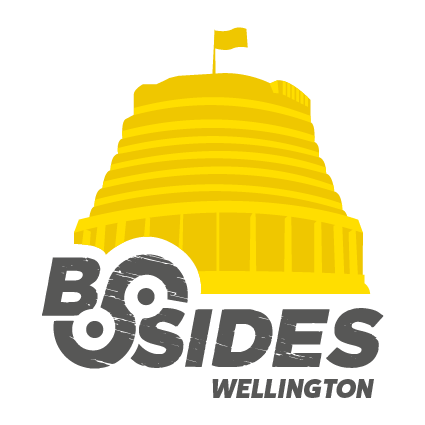
Māori cultural ethical considerations in Digital Security
A presentation given to the BSidesWLG 2017 conference on Māori cultural ethical considerations in Information Security (infosec). The point of the presentation was to very broadly and at a high level touch on private and government infosec communities to raise awareness of tikanga Māori issues. The presentation is available here. BSidesWLG is a diverse and inclusive information
-
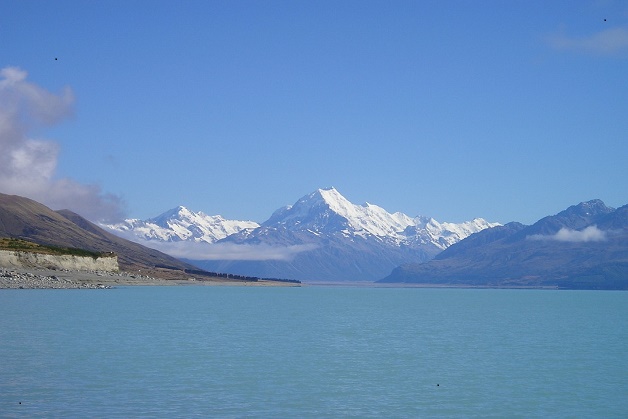
Ngai Tahu Pepeha and mihimihi resource
Identifying ancestry and family links with a person’s tribal affiliations and whakapapa (genealogy) to the land via pepeha (formulaic expression of ancestral connections) is one of the most common and integral forms of identification in the Māori world: hence the common question “Nō hea koe?” translated as “Where are you from?” This scoping report will
-

Digital Whakapapa and image considerations
Digitising whakapapa records and images of tipuna to be shared on the Internet is increasingly becoming common practice without any discussion about the consequences. Internet protection agencies such as NetSafe have no cultural resources to advise Maori of potential issues. Whakapapa and tipuna images including images of the dead, that are accessed via wifi Internet
-
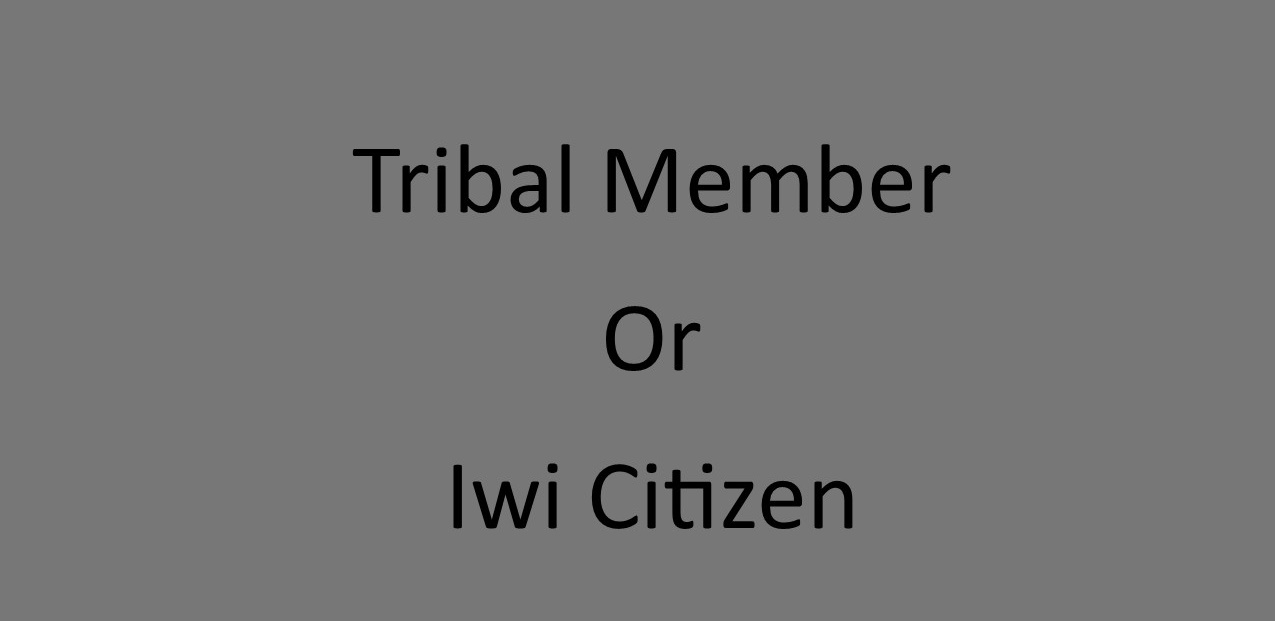
Iwi Citizen or Tribal Member
The terms ‘tribal member’ and ‘hapū member’ are colonial terms with a number of detrimental connotations. Many Indigenous Peoples of the world have suffered the same fate with colonial and derogatory terms to describe them. The definition of the word ‘tribal’ includes a division of a barbarous race of people. The definition of the word
-
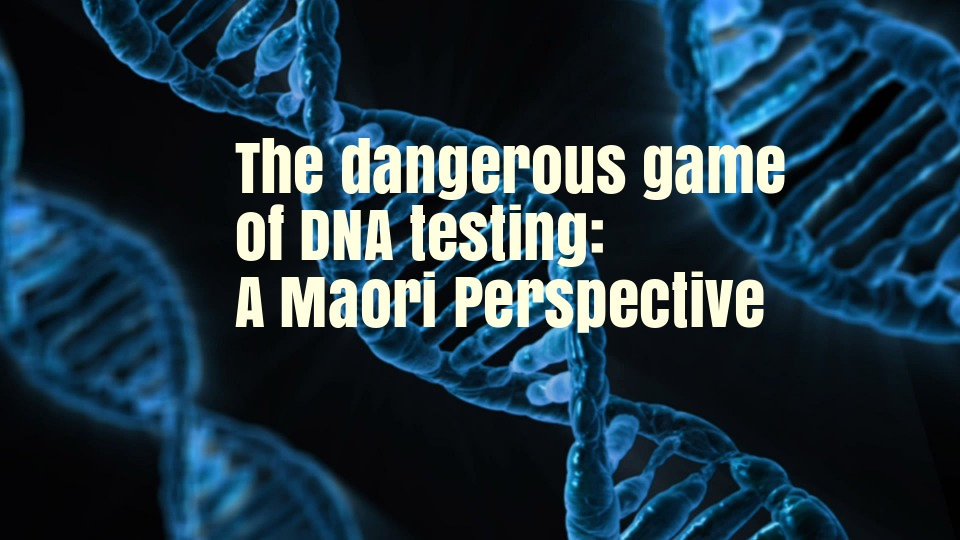
Dangerous game of DNA testing for Maori
Using scenario and future planning techniques: I will discuss how DNA testing to prove how Māori you are, to identify your ancestry via DNA testing, or the more recent issue of New Zealand school teachers being offered free DNA testing kits by National Geographic Genographic project to help pupils learn about evolution , has a number
-

Protecting digital ancestor images
Digitising images of ancestors, taonga and places of cultural value and then sharing the image with whanau and friends on the Internet is common, as it is quick and easy to share with multiple people with just a few clicks of a button. Regularly I see ancestor images at marae being photographed on someones smart
-

Keyboard warrior definition
The definition of a keyboard warrior is often used by non technically literate people as a derogatory term applied to online trolls/cyberbully and people who are online activists using technology to fight and raise concerns for a cause. Warrior is a term often reserved for elite special forces, learned people of fighting arts and experts of contact sports.
-
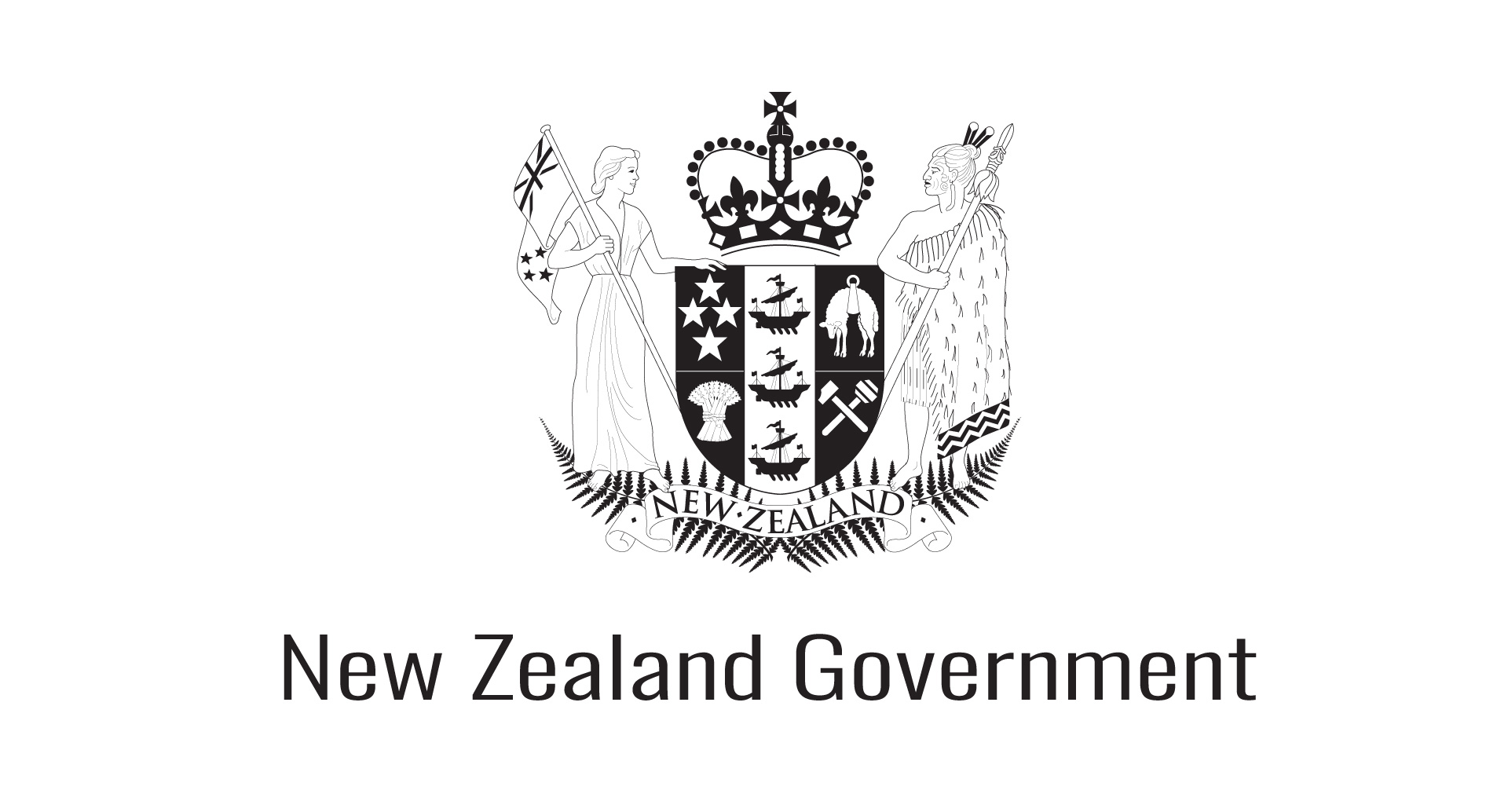
2017 govt domain name update
New Zealand Government usage of Māori Language in domains 2017 update A number of Māori language domains are no longer used from 2013, thus heavily reducing the amount of te reo Māori used in government domain names used by the New Zealand government. Ministry of Justice kaupapature.co.nz kaupapature.org.nz maorilandcourt.govt.nz maorilandonline.co.nz maorilandonline.govt.nz maorilandonline.net.nz maorilandonline.org.nz waitangitribunal.govt.nz waitangi-tribunal.govt.nz
-
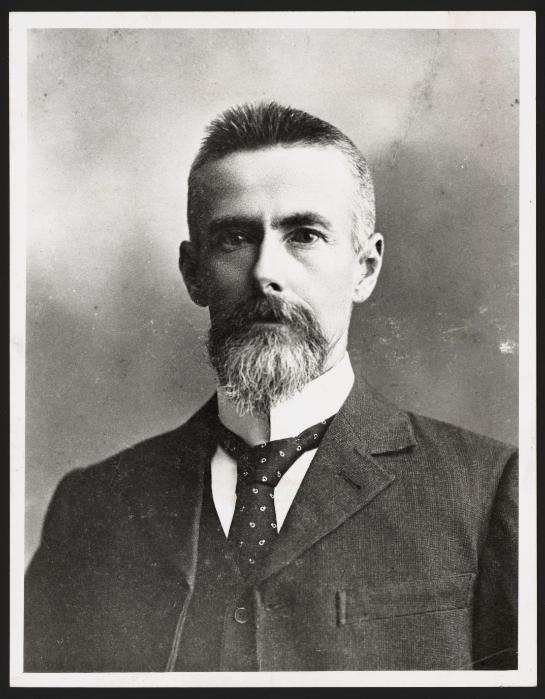
Ethnographers for digital Maori world?
The digital age has many unknown consequences for Māori culture and history. I question if we need to be our own ethnographers in this rapidly changing digital world? Writing whakapapa or other important information for future generations in the sand at the low tide mark with no other record verbal or written is similar to writing a message on
-
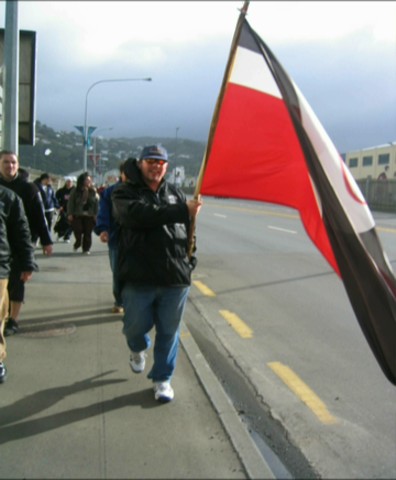
Māori activism with Domain Name System
For over 20 years up till 2017, Māori fought for the right to be to be fairly represented in the New Zealand Internet Domain Name System and to a lesser extent for recognition within the New Zealand Internet governing body InternetNZ, in an act of Māori Internet activism. A simple right that most people take for granted.
